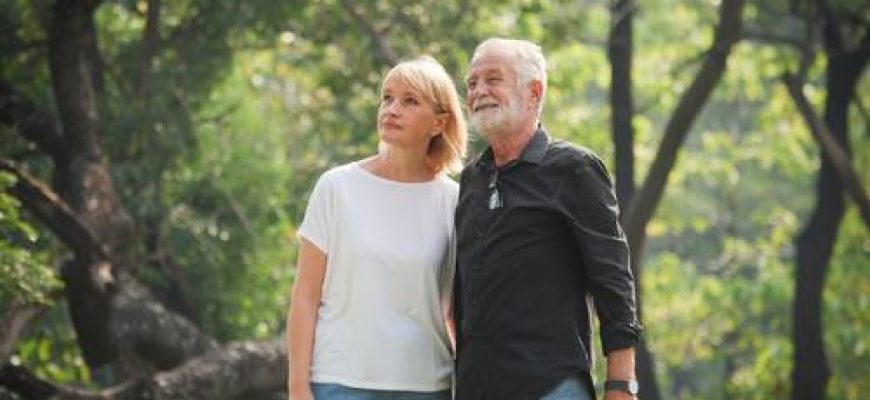Early retirement – Do you have a back-up plan?

Early retirement – Do you have a back-up plan?
No one was able to predict the recent pandemic and the impact it would have on everyone’s lives. It has forced many to activate Plan B when it comes to financial plans, pushing some into early retirement to maximise the most of their funds. Saving up for retirement and having enough to see us through in our later years is often a long-term investment target, forcing us to build our plans around this end goal. However, if forced to retire early, these plans can go askew.
Today’s defined pension contribution schemes now need to see retirees through a long stretch of life, increasing the risk of running out of funds. Not only that but retiring before 55 could rule out access to any other pensions until much later, forcing people into sourcing income from elsewhere. In the UK, 20 million people are not saving enough for retirement.* Past economic shocks would have all caused job losses, but people tend to hide away from financial resilience and retirement saving. Only 30% of those UK workers forced to retire early had a backup plan in case of such skews in the road. COVID-19 highlights just how important it is to keep the second plan in your back pocket in the event of early retirement.
By retiring early, you may be forced to compromise certain elements of your lifestyle, and advisers can help identify these changes that may need to be made. They
can also help identify whether it would be necessary to acquire a part-time or consultancy job. It may be that surplus savings are the first thing that could be accessed. It is time for the emergency reserves to come into action and replace the income needed fast. But what assets to draw from is what needs careful consideration. By drawing your assets in the right order, you may find that you are able to reduce the level of tax paid. However, perhaps understandable, many people are reluctant to dip into rainy day funds. One perhaps obvious option is to explore accessing a pension and if you’re 55 and over, you can currently do so. However, if you end up taking more than the tax-free lump sum allowed, you may be subject to a reduced £4,000 annual allowance, which would then be difficult to make back if you were to get another job.
Another option if you’re an early retiree is to use your home to generate extra income, with this being one of the most valuable assets owned. Spare rooms can be rented out, or you may be able to downsize if no longer tied to locations due to work. There is also the possibility of equity release however it may not generate a huge certainty of income. More people are now facing hard choices around retirement due to Covid-19.
If you’re an early retiree you can consult specialist advisers on how you can use alternative assets and income sources to live comfortably in retirement. Specialist advisers can support you if you’re an older homeowner who wants to explore how your built-up housing equity could boost your retirement income and meet your needs in the long and short term. Perhaps an effective way to retire early is to spend less than you earn, save what you can and invest. This way, you may have taught yourself to live off less, so you’ll need less in retirement.
